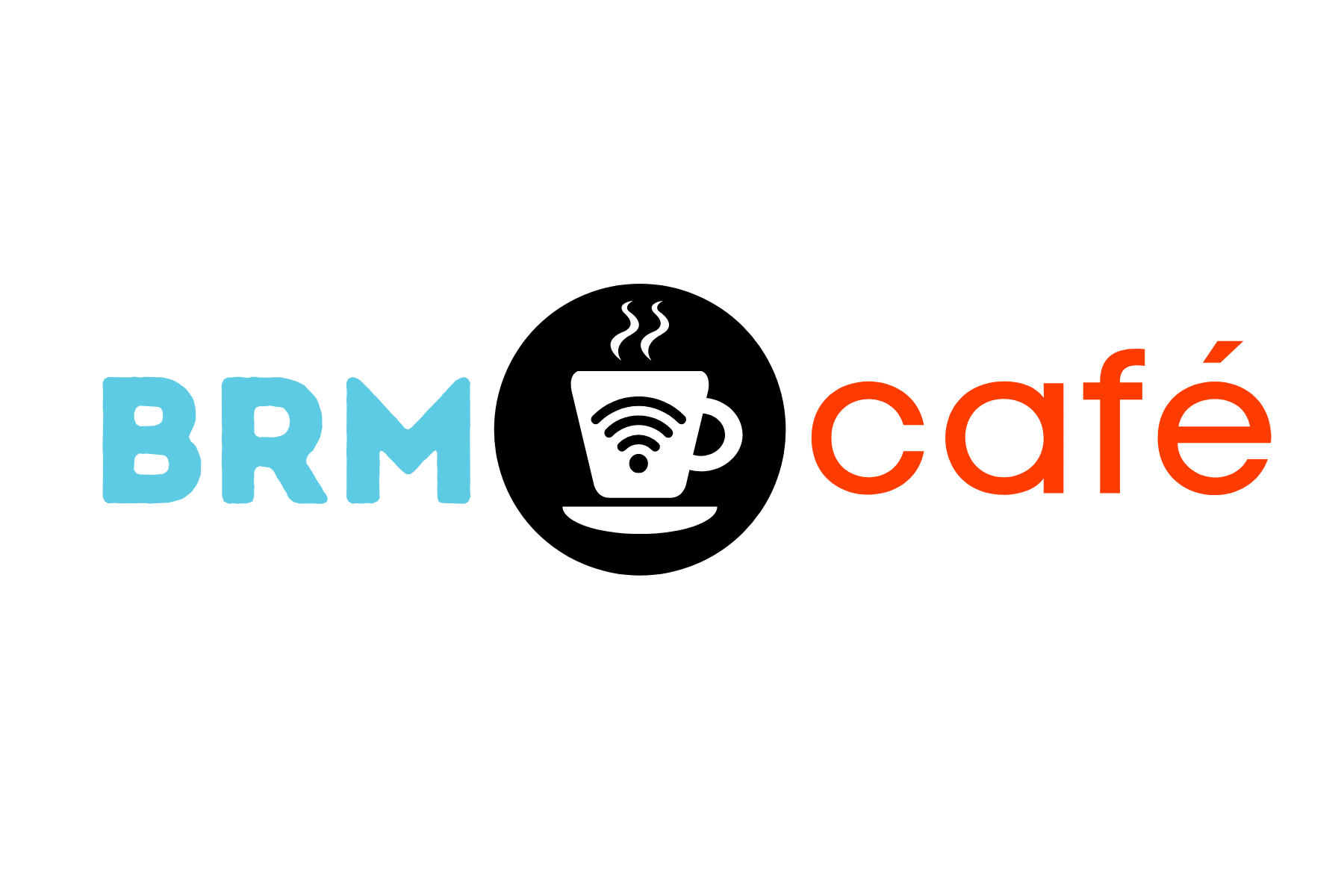Business relationship management (BRM) is vital in organizations, driving alignment between various departments, supporting strategic initiatives, and fostering collaboration. However, while training is often available for BRM teams, it’s not enough to prepare them for real-life complexities. This gap between training and practical application is where the value of coaching comes in, guiding BRMs from theory to impactful action. Let’s dive into why coaching is essential for BRM teams and how it turns knowledge into practice.
The Challenges of Training Without Coaching
BRM team members often attend in-depth training sessions, gaining insight into BRM principles and strategies. Yet, when they return to their daily roles, they’re frequently met with complex organizational challenges that theory alone doesn’t prepare them for. This gap can leave them feeling uncertain, frustrated, and unsure of their next steps. Without the ongoing support to implement what they’ve learned, BRMs struggle to maintain and apply new knowledge effectively.
This challenge is common among many professionals, as noted in a report from the Harvard Business Review: “Without a context-specific application, learners often don’t retain new knowledge and struggle to adapt training concepts to the specific dynamics of their organization.” This disconnect can be especially frustrating for BRMs who work across diverse, often conflicting priorities, leading to a cycle of self-doubt and disengagement that undermines their role.
How Coaching Bridges the Gap Between Knowledge and Action
Here, coaching emerges as a transformative solution for BRM teams. Coaching helps bridge the gap between training and practice by providing ongoing practical guidance, transforming abstract concepts into actionable strategies. Unlike generalized, traditional training, coaching allows BRMs to work through real-world scenarios with the support of an experienced mentor who can guide them through complex, organization-specific challenges.
A report from the International Coaching Federation (ICF) underscores the value of coaching: “Coaching in the workplace leads to an 80% increase in individual performance and a 70% increase in team productivity.” This is because coaching tailors learning to each individual’s needs, creating a personalized experience that addresses their unique challenges and goals. This focused approach provides BRM teams the clarity and confidence they need to move from learning to doing.
According to an article in Forbes, coaching provides professionals with the opportunity to reflect on complex situations and think critically about the best course of action, enabling them to make confident, independent decisions. BRMs benefit from this personalized guidance as they learn to navigate organizational dynamics, manage stakeholder relationships, and drive strategic outcomes.
Team and Individual Coaching: Tailoring Support to Needs
BRM coaching can take two forms—individual and team—with each offering unique benefits. Individual coaching allows BRM professionals to work on personal development goals and role-specific challenges in a confidential, one-on-one setting. The tailored support they receive from a coach helps them build the competencies needed to excel in their roles. Individual coaching is particularly beneficial for new BRMs needing additional support or seasoned BRMs looking to refine their skills.
A study published by McKinsey & Company emphasizes this point: “Coaching builds both technical skills and soft skills, equipping professionals with a holistic approach to problem-solving.” This dual focus is essential for BRM professionals, who must navigate strategic and interpersonal dimensions in their roles.
On the other hand, team coaching fosters alignment and unity within BRM teams. Team coaching allows BRMs to learn from each other, share experiences, and co-create solutions to shared challenges. This collaborative approach strengthens individual team members and also builds a cohesive, high-performing BRM function.
The Transformative Power of BRM Coaching
For BRM teams, coaching isn’t just a bonus; it’s necessary to translate training into tangible results. Coaching turns theoretical knowledge into real-world impact by providing structured, practical guidance. It empowers BRMs to work confidently and effectively, equipping them with the skills they need to drive strategic goals and foster a culture of collaboration within their organizations.
Research from the Center for Creative Leadership points out, “Coaching provides leaders with the individualized support needed to respond and adapt favorably to inevitable bumps in the road.” This adaptability is crucial for BRM teams, as they must constantly adjust to new demands, shifting priorities, and complex organizational dynamics.
In summary, if your BRM team has felt the frustration of applying training without sufficient guidance, consider the transformative power of coaching. With the support of a coach, BRM teams can build the confidence and competence needed to translate knowledge into action, fostering continuous learning, alignment, and impact in their organizations.
Leadership Education, BRM Training, Courses, Coaching and Consulting
Lead the Pack Consulting specializes in business relationship management (BRM) leadership development. Our years of experience in Leadership Management Education, Training, Courses, Coaching and Consulting help us support business relationship management teams and provide them with the leadership skills needed to overcome their challenges. We have provided leadership coaching to business relationship managers, leaders, and teams in a variety of organizations and industries. Since 2013, we have been a registered provider of business relationship management certification workshops and coaching.
Our coaches, Elka Schrijver and Peter Lijnse, have both won the prestigious Arnie Award from the Business Relationship Management (BRM) Institute for their work to embody, enhance, and promote business relationship management knowledge throughout the global BRM community. They have been actively involved in the BRM Institute since it was founded in 2013 and have been contributing authors for several components of the BRM Body of Knowledge and certification courses. They are currently writing a series of practical, user-friendly books about mastering business relationship management leadership skills.
Lead and Succeed!
Peter Lijnse & Elka Schrijver
Lead The Pack Consulting
2025 Leadership BRM Courses

